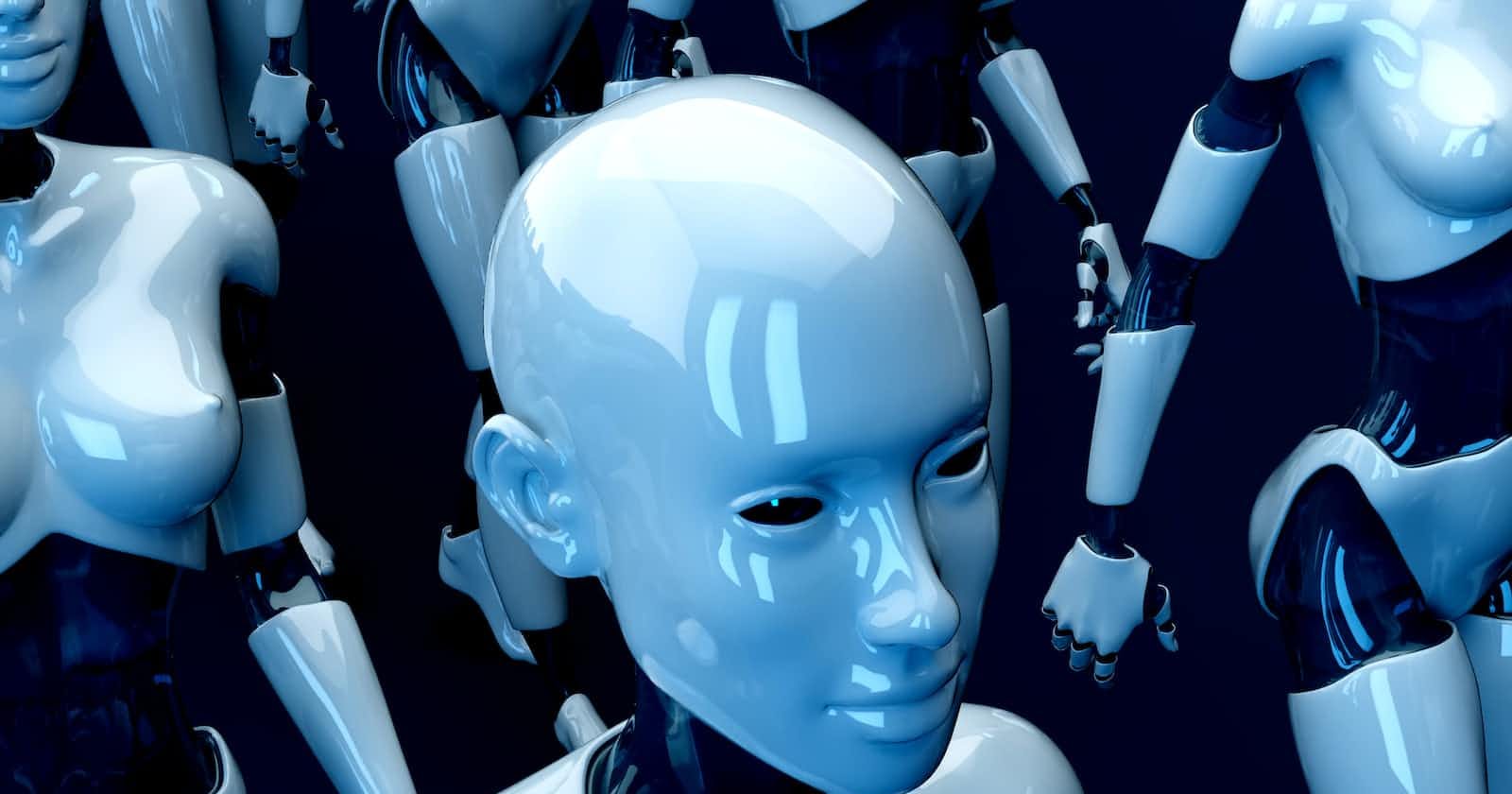
Photo by julien Tromeur on Unsplash
The Importance of Ethical AI: Navigating the Complex Landscape of Responsible AI Development in 2023
Table of contents
No headings in the article.
AI Ethics in Tech 2023: Navigating the Complex Landscape of Responsible AI
Artificial Intelligence (AI) is rapidly changing the way we live and work. From powering virtual assistants and chatbots to making predictions and decisions in complex systems, AI is becoming an increasingly integral part of our daily lives. However, as AI continues to evolve and expand its influence, we must consider the ethical and moral implications of this powerful technology.
In recent years, there has been growing concern about the potential biases and unintended consequences of AI systems. For example, facial recognition algorithms have been criticized for misidentifying people of colour, and hiring algorithms have been found to perpetuate existing gender and racial biases. These issues highlight the need for ethical considerations to be built into the development and deployment of AI systems.
So, what is AI ethics and why does it matter? AI ethics refers to the principles and values that guide the development and use of AI. These principles include accountability, transparency, fairness, and human-centeredness, and they are designed to ensure that AI is developed and used in ways that respect human rights, promote human well-being, and do not cause harm.
AI ethics is becoming an increasingly important issue in the tech industry, as more and more companies are relying on AI to drive their business decisions. For example, AI is being used to make hiring decisions, predict customer behaviour, and diagnose medical conditions. Given the impact that AI can have on people's lives, we must ensure that these systems are designed and used in ways that are responsible and ethical.
One of the key challenges of AI ethics is ensuring that AI systems are free from bias. Bias can creep into AI systems in a variety of ways, including through the data that is used to train the algorithms, the way that the algorithms are designed, and the decisions that the algorithms make. For example, if an AI system is trained on biased data, it will likely make biased decisions. This is why it's essential to carefully curate the data that is used to train AI systems and to regularly monitor and test these systems for bias.
Another important aspect of AI ethics is transparency. People need to understand how AI systems are making decisions so that they can trust the results. This is particularly important in sensitive areas, such as criminal justice and healthcare, where decisions made by AI can have serious consequences. To ensure transparency, it's important that AI systems are designed in ways that are explainable and interpretable, and that the data and algorithms used in these systems are accessible and open to scrutiny.
Another key issue in AI ethics is fairness. AI systems should be designed to ensure that everyone is treated equally, regardless of their race, gender, or other personal characteristics. This means that AI systems should be free from discrimination, and should not perpetuate existing biases or inequalities. To ensure fairness, it's important that AI systems are regularly tested for bias, and that measures are put in place to mitigate any biases that are found.
Finally, AI ethics is about ensuring that AI is used in human-centred ways. AI should be designed and used in ways that respect human rights, promote human well-being, and do not cause harm. This means that AI should be used in ways that are responsible, ethical, and aligned with human values.
In conclusion, AI ethics is a complex and evolving field that requires ongoing attention and discussion. As AI continues to grow in influence and impact, we must ensure that this powerful technology is developed and used in ways that are responsible and ethical. By carefully considering the principles of AI ethics, and by working to create an ethical and responsible AI ecosystem, we can ensure that AI is used to make
